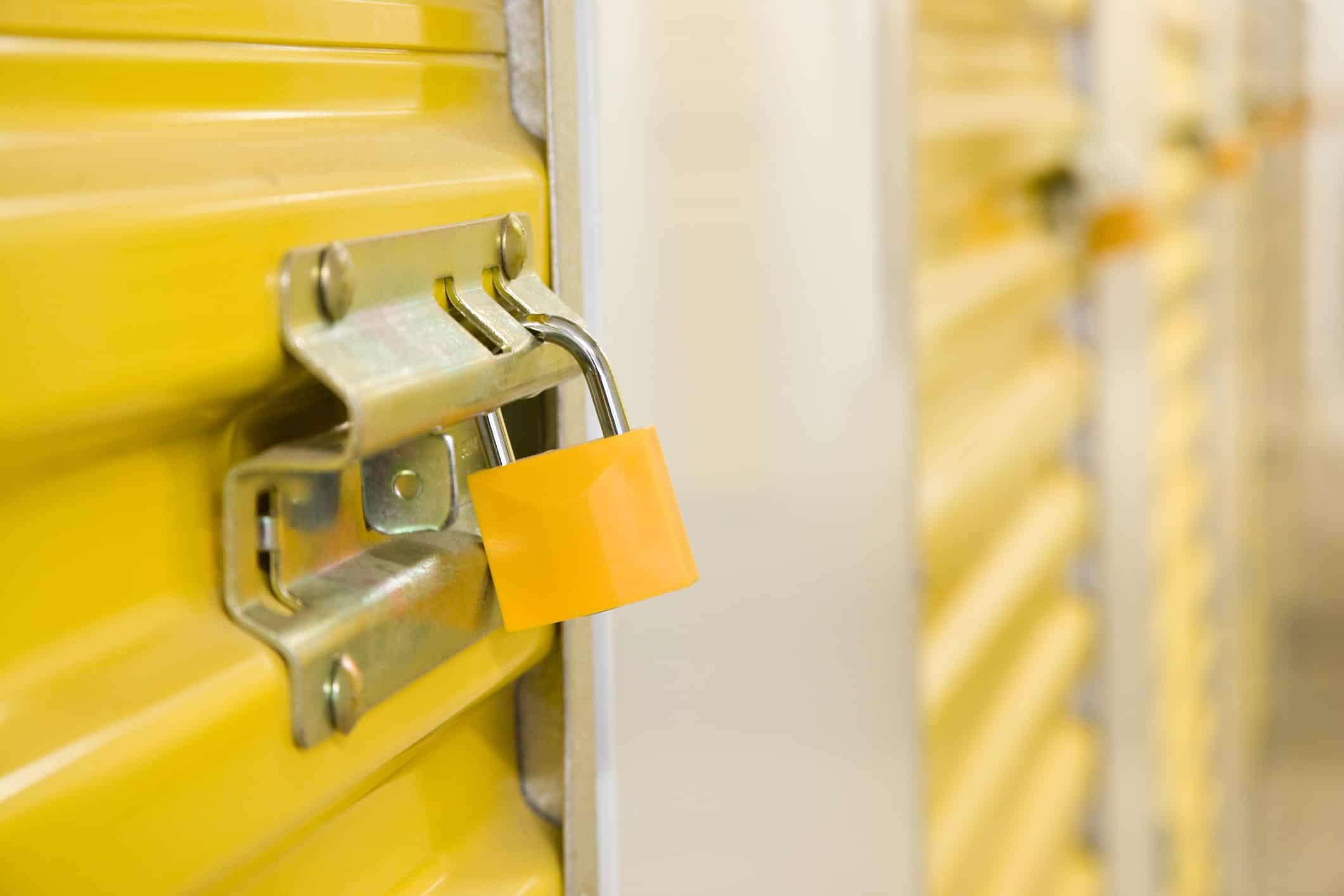If you’re considering storing your business items in the near future, there are certain things you should take into account when it comes to getting the right insurance policy to cover your items.
We’ve covered six key things to think about when it comes to insuring your items in storage.
- Insurance is a mandatory requirement for most storage providers
- Calculate the total financial value of the items you are storing
- Re-consider storing irreplaceable, sentimental items
- Is the storage facility you are looking at well-secured?
- CCTV
- Fire alarms
- A fenced perimeter
- Manned surveillance
- Inventory lists
- Check in and check out policies
- Damp-proofed units
- Does your policy cover all of your items?
- Is it more cost-effective to get your policy for long or short-term storage?
Most storage facilities will require you to have storage insurance as a mandatory condition of your storage contract. Why? Because accidents can happen, and stipulating all customers need insurance takes the responsibility off of the storage facility.
What is key to remember, however, is that many customers unknowingly pay extortionate rates for storage insurance when they buy it directly with the storage provider (up to seven times more, in fact!). Buying your storage insurance separately is almost always a far more cost-effective strategy, to make sure you take the time to find the best value policy for protecting your possessions.
It is your responsibility to correctly and accurately calculate the cost of the items you are storing, and to make sure that value is reflected in your insurance policy.
Most insurance providers calculate the cost of your policy based on the size and the value of the items stored, so this is essential to make sure the cost of your possessions is covered should anything happen to them that means you have to make a claim.
While insurance can cover the financial cost of your belongings in storage, no amount of money can replace the loss of sentimental items.
Carefully consider storing irreplaceable items (such as photographs, heirlooms, memorabilia etc) – even with the best insurance policy possible, these items cannot be replaced if they are destroyed.
It is not unheard of for storage facilities to burn to the ground, or for natural disasters to cause irretrievable damage to storage units.
However, you can take the time to make sure the storage facility you are looking at has taken every step possible to secure their units from such disasters. Things you should look for include security measures such as:
If the facility you are looking at does not have any of these things, not only is this a red flag for how safe your items are – but it could also void your insurance policy altogether.
Not all things are covered on storage insurance policies. This includes dangerous items (flammables, explosive etc) – which often are not permitted at storage facilities at all.
Likewise, many policies have a limit on the value they will cover for certain items, such as valuables, sports equipment etc, so take the time before you leave your belongings to make sure they are sufficiently covered should anything happen.
Most storage facilities will offer deals that benefit long-term customers over short-term storage, and buying your storage insurance annually as opposed to monthly can work the same way.
Consider how long you will actually be storing your items for, and adjust your contracts accordingly.
